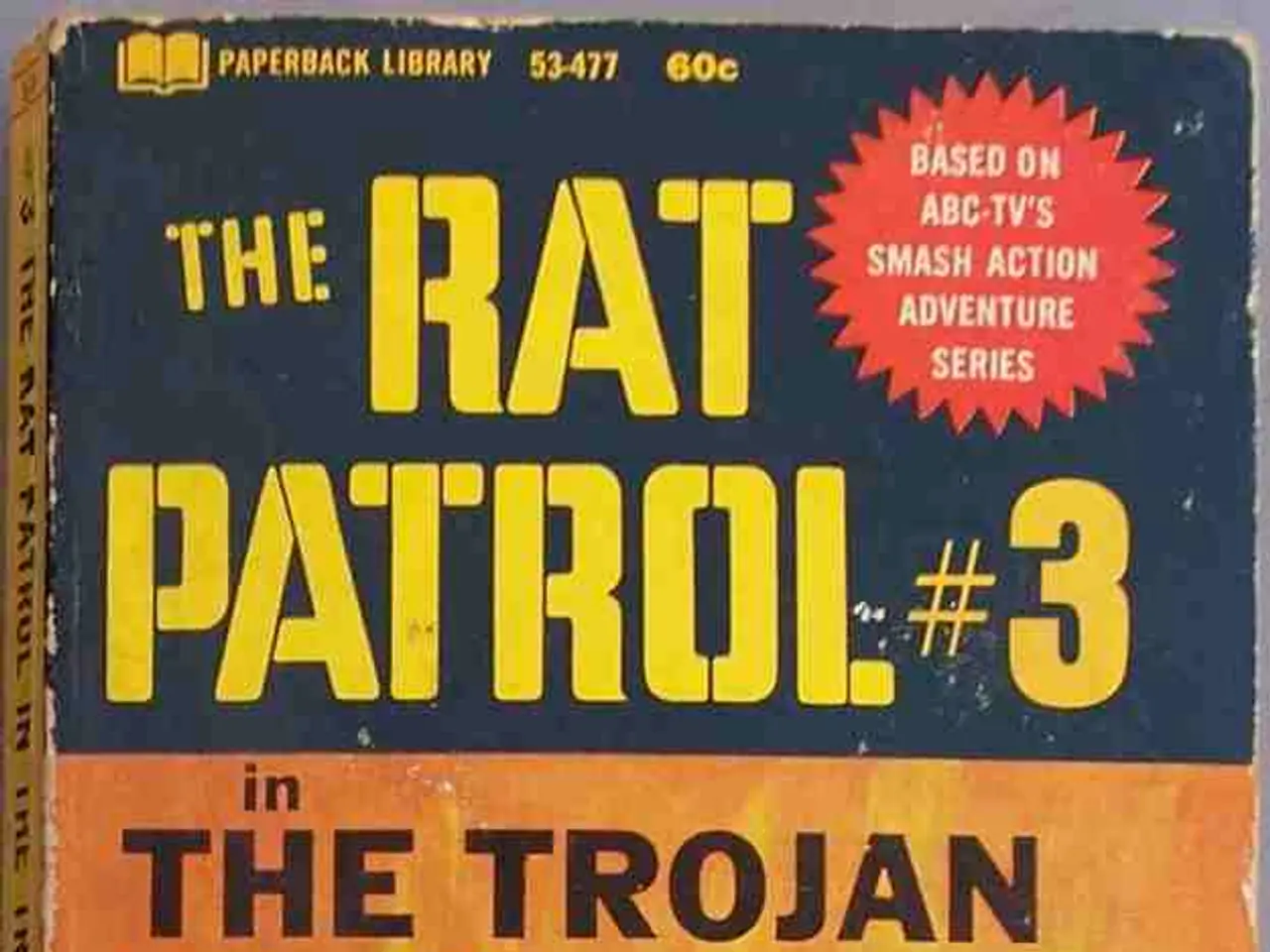U.S. steel quotas under consideration for negotiation by Merz
In the ongoing US-EU trade negotiations, Federal Chancellor Friedrich Merz has pledged his support for the German steel industry. The recent trade deal, concluded in July 2025, set most tariffs at 15%, but steel and aluminum tariffs remain at 50% for volumes exceeding certain quotas [1].
Merz is advocating for negotiations on steel export quotas that can be shipped without facing excessively high tariffs. These discussions are taking place under the broader US-EU trade deal, with a focus on defining these quotas and managing the "fine print" of the agreement [1].
The deal, while reducing tariffs for most products, is politically sensitive and seen as incomplete, with ongoing discussions to improve terms, particularly on steel and aluminum [1][2][3]. Anke Rehlinger, the SPD politician from Saarland, agrees with Merz that economic development and growth are top priorities for the country. She emphasized the importance of energy prices in Germany and a clear agreement within the federal government as crucial signals for the steel industry [1].
During his visit to Saarland, Merz made stops at the UNESCO World Heritage Site Völklinger Hütte and the Helmholtz Centre for Information Security (Cispa). This was the third state visit for Merz, who is currently in talks with locations and employees regarding a reliable steel strategy for Germany [4].
Merz encourages the struggling German steel industry, stating that Germany needs a modern and green steel industry in the future. He emphasized the need for quick clarity on the production of green steel, including framework conditions, energy prices, and hydrogen infrastructure [2].
However, Merz also acknowledged that there would be losers in a major trade dispute, with the biggest loser potentially being the Europeans. He stated that there must be a balance between protecting German industry and maintaining good relations with key trading partners [3].
In conclusion, Merz is working to secure a fair deal for the German steel industry within the US-EU trade agreement, focusing on negotiating export quotas and managing the "fine print" of the deal. His visits to state governments, such as Saarland, demonstrate his commitment to engaging with various stakeholders in this process.
References: [1] Deutsche Welle (2025). Merz wants to negotiate steel export quotas with the US. [online] Available at: https://www.dw.com/en/merz-wants-to-negotiate-steel-export-quotas-with-the-us/a-62695901 [2] Reuters (2025). Merz emphasizes need for green steel in Germany. [online] Available at: https://www.reuters.com/business/energy-environment/merz-emphasizes-need-green-steel-germany-2025-08-01/ [3] Financial Times (2025). Merz warns of losers in US-EU trade dispute. [online] Available at: https://www.ft.com/content/47234c75-1e0d-4e9a-8c39-c6d9d73f627f [4] Tagesspiegel (2025). Merz visits Saarland, third federal state on tour. [online] Available at: https://www.tagesspiegel.de/politik/merz-besucht-saarland-dritte-bundesland-auf-tour-11110296.html
- The Federal Chancellor, Friedrich Merz, is advocating for negotiations on steel export quotas under the US-EU trade deal, aiming to reduce tariffs and provide room for growth in the German steel industry.
- Merz underscores the significance of clear agreements within the federal government and competitive energy prices as key factors in fostering economic development and supporting the steel industry.
- In his pursuit of a fair deal for the German steel industry, Merz is engaging with various stakeholders, including state governments, as demonstrated by his visit to Saarland.




